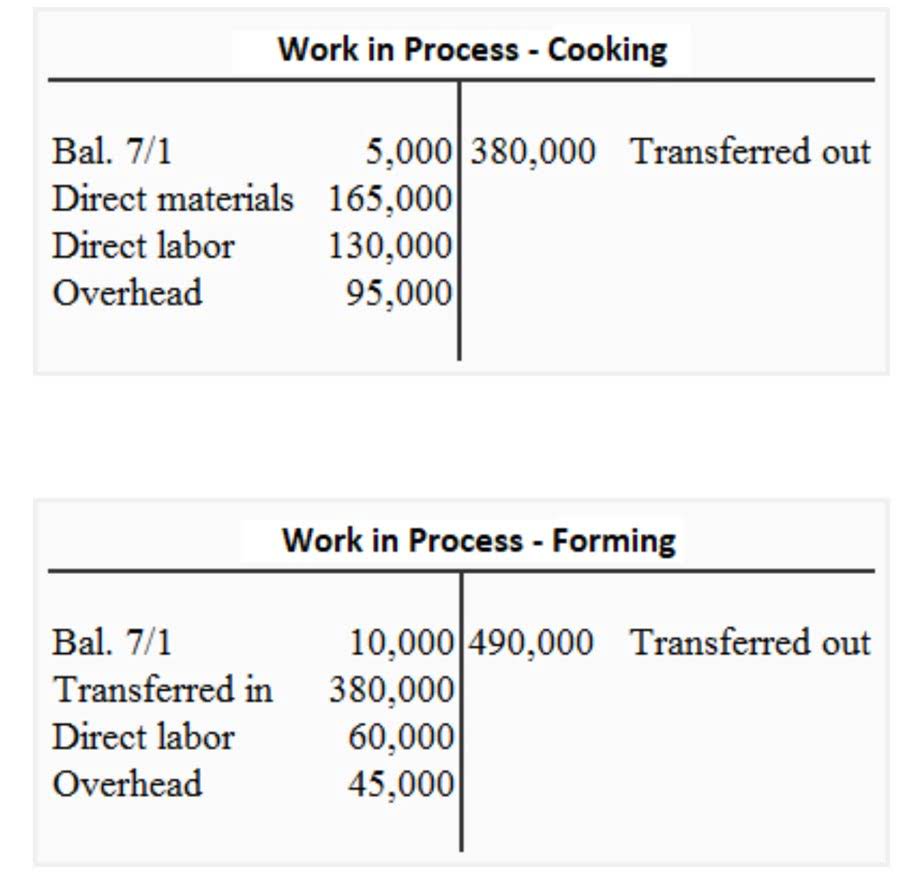What is Expense Management?

Operating expense is deducted from revenue to arrive at operating income; the amount of profit a company earns from its direct business activities. Transparency and accountability aid in preventing fraudulent practices, keeping expenses at bay, and improving the bottom line. This can be achieved by ensuring feedback is provided by employees on expense policies and the total spend of each department is publicized within the organization. Expense management can be manual or automated, and it usually involves two processes. The first process requires an employee to follow some steps in either requesting funds to carry out a task or asking for funds to be reimbursed for assignments completed.
- AFX seeks to beat the market by identifying underpriced stocks based on extensive research and experience.
- On the other hand, traditional expense management systems are infamous for such errors.
- Expense management refers to the systematic process of tracking, processing, and reimbursing employee spending.
- An expense management system can range from informal collections of spreadsheets to all-inclusive software systems that provide detailed expense reporting processes and analytics.
- Expense management is a bookkeeping system for controlling, tracking, and processing employee expense reimbursements and employee-related corporate credit card transactions.
- Expense management is a crucial aspect of both personal and corporate financial well-being.
You may find the policy needs updating as employee numbers increase or the business expands to incorporate new and different types of expense. You should make sure that your expenses policy is clear and concise; too much small print will lead to confusion. If it isn’t clear whether or not an expense is permitted, employees will likely try to apply for it. This creates a lot of paperwork – so taking the time to clarify and pare down your policy in the beginning will save you admin time in the long run.
Why Use an Expense Management System?
Bring scale and efficiency to your business with fully automated, end-to-end payables. Consider the effectiveness of your software, including upfront costs, ongoing maintenance fees, and potential savings from efficiency improvements. You increase the chances of missed payments or errors that negatively impact the company’s credit score. You lose sight of the funds available, leading to bounced checks or potential bank charges.

It must include information on non-reimbursable expenses, such as personal expenses, and disclaimers to clarify your company’s liability. Keeping track of your expenses for reimbursement of tax purposes can be time-consuming. A critical aspect of your expense management involves expense audits and record keeping. No doubt that managing your expenses can be a time-consuming and even complex task when done manually.
Automatic corporate credit card reconciliation
The implementation of T&E policies in your firm, auditing expenses, and how the company will reimburse employees also come under expense management. HR teams are also generally responsible for ensuring that all employees are adhering to company expense policies. If someone has a history of repeated violations, HR may need to step in to enforce the company’s disciplinary process. In some cases, they may also need to provide an accounting code, contract agreement, or prior authorization documentation. Failure to provide the necessary information may cause the expense to be rejected even if it is an authorized expense.
- In this post we will deep dive into spend management and discuss the best ways to properly manage it.
- Through our integration, you can also sync your chart of accounts and your GL codes to automate bookkeeping.
- For example, paying less on advertising reduces costs but also lowers the company’s visibility and ability to reach out to potential customers.
- Yet, sometimes it’s integrated within accounting software, such as Quickbooks, or in an HR platform like Rippling, Workday, or isolved.
- A switch from paper and Excel-based expense reporting to digital can be a significant transformation for businesses.
These insights can be utilized to optimize purchasing decisions, negotiate better terms with vendors, or even identify fraudulent activities. On a personal level, expense management enables individuals to maintain a healthy financial life. By tracking and categorizing expenses, individuals gain a clear understanding of where their money is going. This awareness allows for better budgeting, saving, and investing decisions. It empowers individuals to make informed choices about their spending habits, prioritize financial goals, and avoid unnecessary debt. There are outstanding mobile applications that makes personal expense management handy, notably SMoney that are available in both iOS and Android Versions.
Efficient receipt tracking and reporting
With QuickBooks, you can sync your business credit cards and debit cards to the app, so all your relevant transactions are automatically imported and categorised. You can also take a photo of your expense receipts and upload them to the app, expense management definition meaning no more messy paperwork. Receipts can be saved and attached to bank transactions, making tax time a breeze. Fortunately, mobile expense tracking apps like QuickBooks Online make managing expenses easy – even while you’re on the go.

The agility of these tools empowers businesses to adapt quickly to changes in the market or internal demands, ensuring that expense management remains a robust asset in achieving organizational goals. With a proper system in place, managing expenses becomes not just easier but also more strategic. It allows the business to anticipate and respond to changes, minimizing financial risks and maximizing profitability.



